Having a negative experience with a property manager in Palm Beach can be frustrating and financially draining. Whether it was due to poor communication, mismanagement, or lack of transparency, recovering from such an experience requires careful planning and a proactive approach. This guide explores steps to rebuild trust, improve property management outcomes, and avoid similar issues in the future.
Signs of a Bad Property Management in Palm Beach Experience
Understanding what went wrong is the first step to recovery. Common signs of poor management include:
- Ineffective Communication: Delayed responses to tenant or owner inquiries.
- Maintenance Neglect: Ignoring repair requests, leading to property damage.
- Financial Mismanagement: Inaccurate financial reporting or unclear accounting practices.
- High Vacancy Rates: Lack of effective marketing or tenant retention strategies.
- Legal Issues: Non-compliance with fair housing laws or local regulations.
Steps to Recover from a Bad Property Management in Palm Beach Experience
1. Evaluate the Damage
- Review financial statements for discrepancies or missing income.
- Inspect the property for unaddressed maintenance issues or damage.
- Speak with tenants to understand their experiences and grievances.
2. Identify Lessons Learned
- Pinpoint the root causes of the issues (e.g., lack of oversight, poor communication).
- Create a list of expectations and priorities for future property management.
3. Transition to a New Property Manager
- Research property management companies with proven track records in Palm Beach County.
- Schedule consultations to discuss your needs and expectations.
- Request references and testimonials from other property owners.
4. Establish Clear Expectations
- Develop a detailed management agreement outlining roles and responsibilities.
- Set clear communication protocols, including response times for inquiries.
- Regularly review performance metrics, such as rent collection rates and maintenance resolution times.
5. Rebuild Tenant Relationships
- Address tenant complaints and assure them of improved management practices.
- Offer incentives, such as small upgrades or rent discounts, to rebuild goodwill.
- Foster open communication to resolve lingering concerns.
How Professional Property Managers in Palm Beach Can Help You Recover
Hiring the right property manager can turn your situation around. Here’s how professional managers can help:
1. Efficient Financial Management
- Provide accurate and transparent financial statements.
- Implement secure systems for rent collection and expense tracking.
- Assist with budgeting for maintenance and upgrades.
2. Proactive Maintenance
- Conduct thorough property inspections and address issues promptly.
- Establish preventive maintenance schedules to avoid future problems.
- Work with reliable vendors for high-quality repairs at reasonable costs.
3. Improved Tenant Relations
- Act as the primary point of contact for tenant inquiries and disputes.
- Ensure prompt responses to repair requests and other concerns.
- Implement tenant satisfaction surveys to identify areas for improvement.
4. Legal and Regulatory Compliance
- Ensure leases are compliant with federal, state, and local laws.
- Handle security deposit regulations and eviction processes properly.
- Stay updated on changes in rental property legislation.
Avoiding Future Issues
To prevent future problems, take these steps:
1. Thoroughly Vet Property Managers
- Check online reviews and ratings.
- Ask for detailed proposals and service agreements.
- Verify licenses, certifications, and professional affiliations.
2. Maintain Oversight
- Schedule regular meetings to review performance and address concerns.
- Use property management software to access real-time updates.
- Request monthly financial reports and maintenance summaries.
3. Stay Involved
- Regularly inspect your property, even with a property manager in place.
- Communicate directly with tenants to understand their experiences.
- Provide feedback to your property manager to encourage continuous improvement.
Case Study: Turning Around a Mismanaged Property
Scenario: A Palm Beach County property owner faced high vacancy rates and tenant complaints due to poor management practices.
Actions Taken:
- Transitioned to a new property management company with a strong local reputation.
- Implemented proactive maintenance plans and tenant engagement strategies.
- Conducted a marketing overhaul to attract high-quality tenants.
Outcome:
- Vacancy rates dropped by 40% within six months.
- Tenant satisfaction scores improved significantly, with fewer complaints.
- Rental income stabilized, and financial reporting became more transparent.
Resources for Property Owners
Learn about maintenance management solutions to protect your property and ensure long-term value.
Explore tenant retention strategies designed to provide long-term stability and reduce turnover costs.
Discover legal compliance services to help you navigate regulations and avoid potential issues.
Conclusion
A bad experience with a property manager doesn’t have to define your rental property journey. By addressing past issues, setting clear expectations, and hiring a professional property manager, you can restore trust, improve operations, and achieve your investment goals. Atlis Property Management specializes in helping property owners recover from mismanagement and achieve long-term success.
Contact Atlis Property Management today to learn how we can help you turn things around. Visit atlispm.com for more information.



